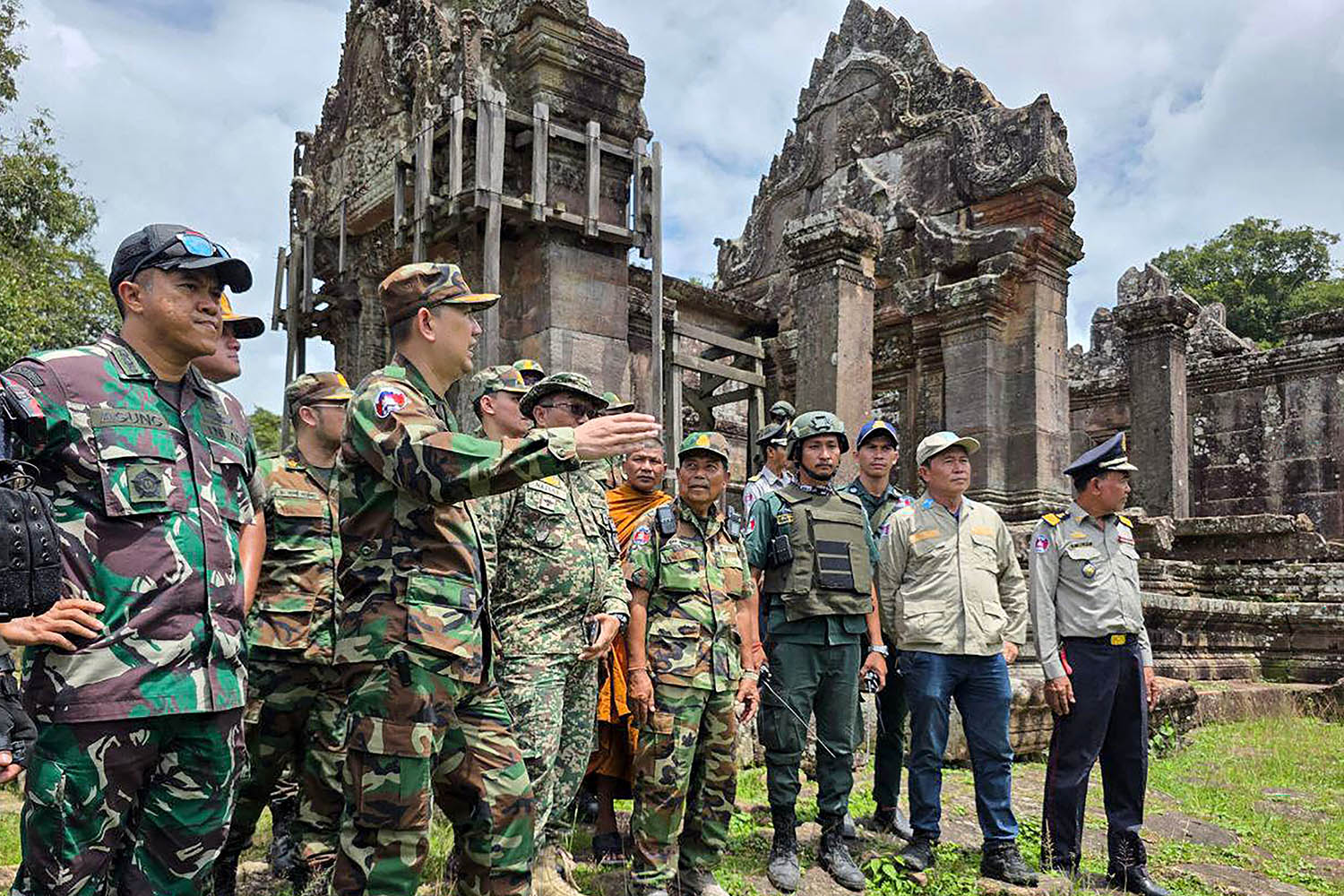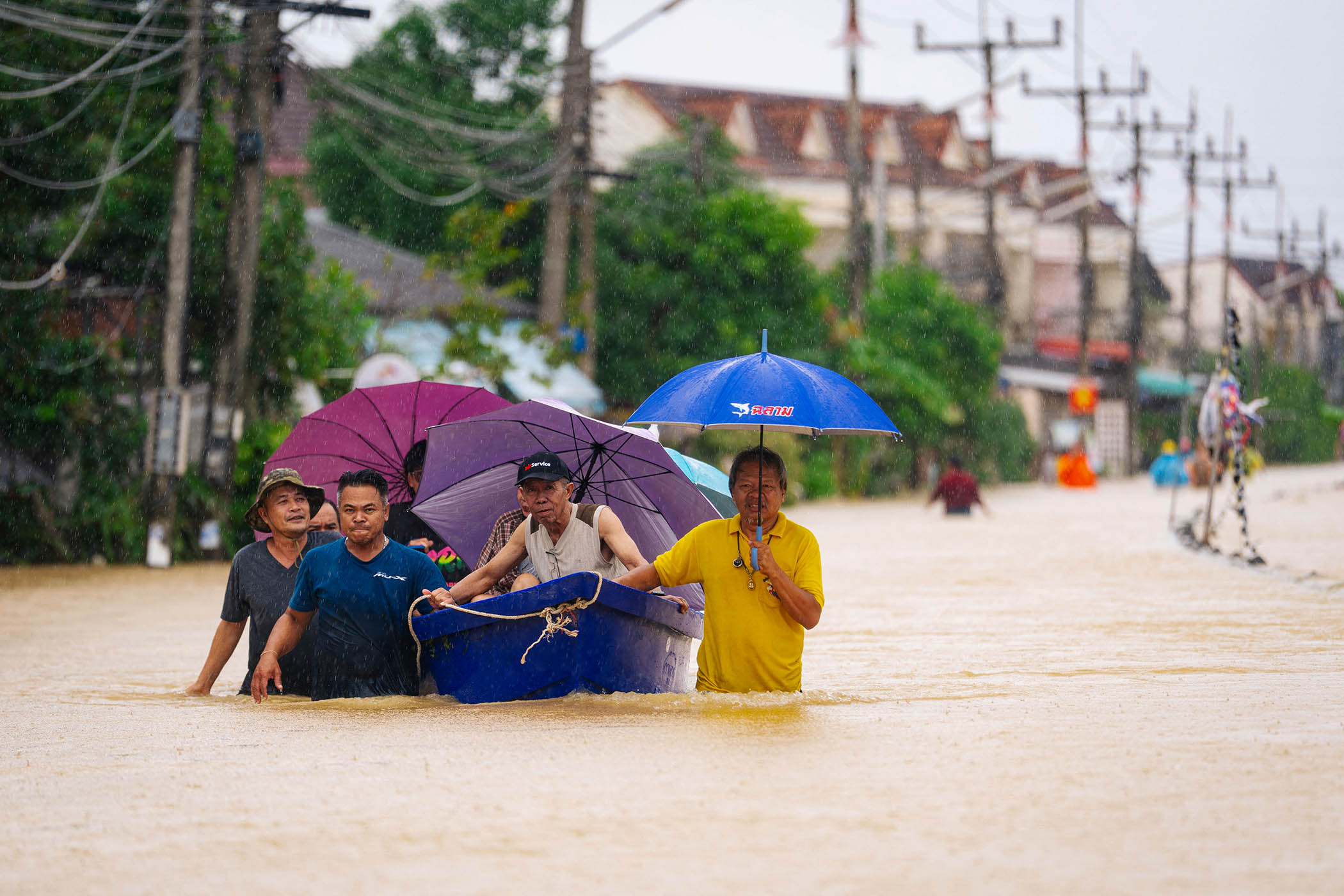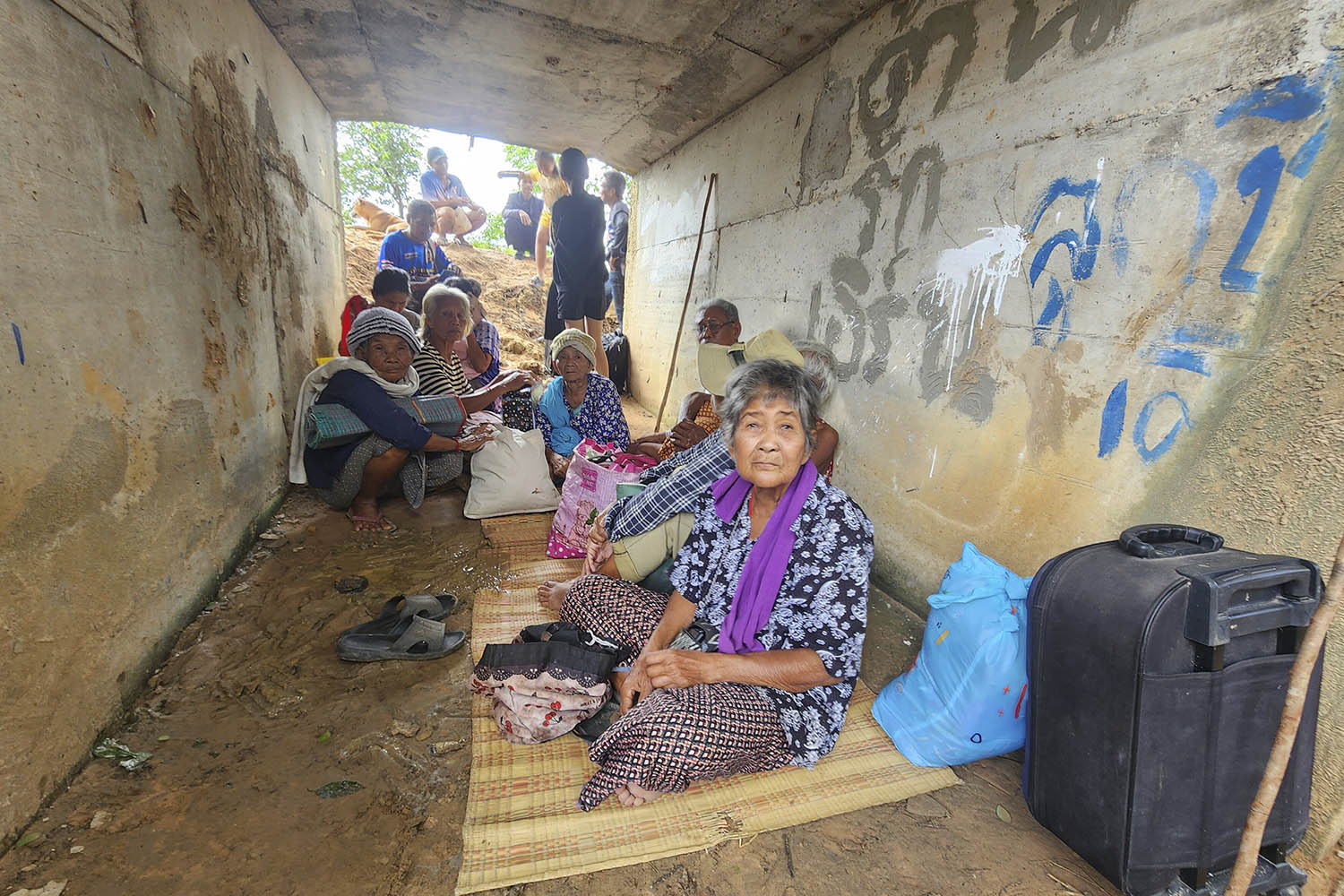In the days after the recent border dispute between Thailand and Cambodia erupted into conflict, one of Cambodia’s biggest stars, the rapper VannDa, was at the forefront of his country’s campaign to rally supporters to the national cause.
He was one of the first celebrities to post on Facebook, Cambodia’s most popular social media platform, under the hashtag #ThailandStartedTheWar. A post in English on 28 July urging “justice for Cambodia” had 20m views.
VannDa openly criticised the Thai army for its invasion of Cambodia, and in his latest song explained he sang in English in the hope that “the world will feel our pain”, after clashes left dozens dead and more than 300,000 civilians displaced on both sides.
VannDa’s activism, however, has come at a cost: the artist’s contract as Cambodia’s brand ambassador for Coca-Cola was reportedly cancelled by the soft drink giant for having violated a clause prohibiting ambassadors from making political statements.
‘If the company withdraws from Cambodia, we are the loser and our enemy is the winner’
‘If the company withdraws from Cambodia, we are the loser and our enemy is the winner’
Hun Sen, former prime minister
This sparked calls on Cambodian social media for a boycott of Coca-Cola, which in turn caused problems of its own. Cambodia’s government is wary of provoking the US after initially being hit by Donald Trump with a 49% tariff on exports.
Cambodia’s former prime minister, Hun Sen – who is still the most powerful person in the country after handing over to his son two years ago – urged people to “calm down and think carefully”.
“If the company withdraws from Cambodia, Cambodia is the loser and our enemy is the winner,” Hun Sen said, calling VannDa “a symbol of the spirit of sacrifice for the greater good of the nation”.
The 28-year-old star rose to fame playing original songs blending hip-hop and rap with traditional Khmer music, delivering powerful lyrics about cultural heritage and national pride.
The rapper became the face of Coca-Cola in Cambodia in January 2023 and has since fronted several promotional campaigns for the brand.
VannDa’s Facebook page still features a photo of him holding a can of coke, dated 15 July, days before the border conflict erupted.
Newsletters
Choose the newsletters you want to receive
View more
For information about how The Observer protects your data, read our Privacy Policy
The company has yet to issue a statement on VannDa. Neither Coca-Cola nor VannDa’s management responded to a request for comment.

Cambodian soldiers last week at Preah Vihear temple, near the Thai border
Coca-Cola’s Cambodia page on Facebook was flooded with messages from citizens expressing anger and disappointment with the company, which they suspected had severed its contract with the rapper under pressure from Thailand.
A potent mix of celebrity and nationalism is not a new phenomenon in Asia, where performers are often under pressure to demonstrate their patriotism to sustain their fanbase.
The public’s reaction against Coca-Cola reflects widespread nationalist sentiment among Cambodians, said Kimkong Heng, a university lecturer.
“However, most calls are actually to boycott Thai products in light of the recent conflict,” he said. “To the extent that, if you are still using them, you will be blamed or bullied on social media.”
The crux of the dispute between the two countries goes back more than a century, when the 508-mile land border was first mapped by France, which occupied Cambodia until 1953. Nationalist sentiment on both sides has fuelled clashes in recent years, and their troops briefly clashed in May in an area shared with Laos.
Bilateral relations deteriorated rapidly; border crossings shut down, and Cambodia imposed bans on several Thai imports, including vegetables, fruit, telecommunications and energy. In July, Thailand launched airstrikes on Cambodian military targets after accusing Phnom Penh of firing rockets across the border. A ceasefire was reached after five days of intense fighting that left dozens of people dead. Eighteen Cambodian soldiers remain in Thai custody.
While the fighting has stopped, Sreysrors Ly, a political commentator, said that both Thai and Cambodian people “are now bullying each other online, which creates even more complex forms of hostility”.
“If not stopped, extreme nationalism could spread through both countries, making it impossible to end the conflict because of lost trust and growing hatred.”
Photograph by AFP/Getty


